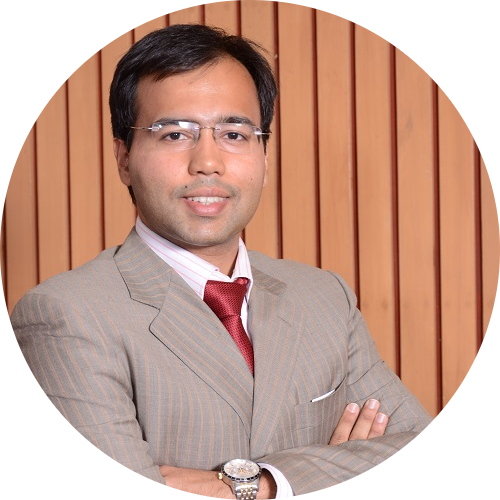Defection, at its core, signifies rebellion—a departure from one allegiance to embrace another. In politics, it often manifests as party members abandoning their affiliations to align with rival entities, a practice historically referred to as “floor crossing.” This term originates from the British House of Commons, where legislators physically crossed the aisle to signal their shift in allegiance.
Maharashtra’s Sena Saga: A Political Earthquake
Maharashtra’s political landscape witnessed a seismic upheaval on June 21, 2022, when Eknath Shinde, then leader of the Shiv Sena in the Legislative Assembly, led a rebellion against the Maha Vikas Aghadi (MVA) coalition. The MVA, a coalition of Shiv Sena, NCP, and Congress, had propelled Uddhav Thackeray to the Chief Minister’s seat in 2019.
Shinde and a group of Shiv Sena MLAs cited ideological discord and dissatisfaction with the coalition, claiming it undermined the principles of Shiv Sena. This rebellion triggered a legal battle, with the Thackeray-led faction initiating disqualification proceedings against Shinde and his followers.
The Legal Battlefield
On June 26, 2022, the Shinde camp approached the Supreme Court, challenging the disqualification notices served by the Thackeray faction. This legal confrontation soon expanded, touching upon the intricacies of the 10th Schedule of the Indian Constitution, which governs anti-defection laws.
Understanding India’s Anti-Defection Laws
The 10th Schedule, introduced to combat political defections, disqualifies a legislator if:
- They voluntarily give up their party membership.
- They vote or abstain from voting against the party’s directives.
While earlier provisions allowed exemptions for party splits, the 91st Constitutional Amendment (2003) removed this defense. Today, the only valid exemption is through a merger, where at least two-thirds of the party’s members join another political entity.
The Speaker of the House plays a pivotal role, holding the authority to decide on disqualification matters. However, these decisions are subject to judicial review.
The Supreme Court’s Intervention
In May 2023, the Supreme Court scrutinized the delays by Maharashtra Speaker Rahul Narwekar in deciding the disqualification petitions against the Shinde faction. The Court criticized the Speaker’s apparent reliance on the Election Commission’s decision—which recognized the Shinde faction as the “real” Shiv Sena with the iconic bow and arrow symbol.
The Court emphasized that the Speaker’s attempt to retroactively align his decision with the Election Commission’s ruling was legally untenable. It further denounced the Shinde faction’s attempt to invoke the long-repealed “split” defense under the 10th Schedule.
The Speaker’s Verdict and Its Fallout
On January 10, 2024, Speaker Rahul Narwekar declared the Shinde group as the legitimate Shiv Sena. He ruled against disqualifying its members, reasoning that the majority support within the party justified their position. This decision sparked outrage from the Thackeray faction, which accused the Speaker of “match-fixing” and manipulating the law to favor Shinde.
The verdict has profound implications:
- Undermining Anti-Defection Laws: By overlooking clear defection violations, the Speaker’s ruling challenges the foundational principles of the 10th Schedule.
- Delays in Justice: The Speaker’s prolonged inaction, despite repeated Supreme Court orders, highlights an alarming disregard for judicial directives.
- Erosion of Public Trust: Allegations of political bias in such high-stakes decisions undermine public confidence in democratic institutions.
What Lies Ahead?
The Thackeray faction is set to challenge the Speaker’s verdict in the Supreme Court, arguing that the Shinde faction’s actions constitute prima facie defection. If left unchecked, this decision could set a dangerous precedent, weakening anti-defection safeguards and emboldening political opportunism nationwide.
Implications for Indian Democracy
The Maharashtra crisis serves as a cautionary tale, exposing vulnerabilities in India’s political and legal frameworks. The judiciary’s role will be pivotal in restoring balance, ensuring adherence to constitutional principles, and protecting the integrity of Indian democracy.

About the Author
Aditya Pratap is a practicing lawyer and founder of Aditya Pratap Law Offices based in Mumbai. An alumnus of NALSAR University of Law, Hyderabad, he has over 11 years of experience and has handled numerous cases of public and private significance. For more insights, you can visit his website: adityapratp.in. Watch him in TV interviews.